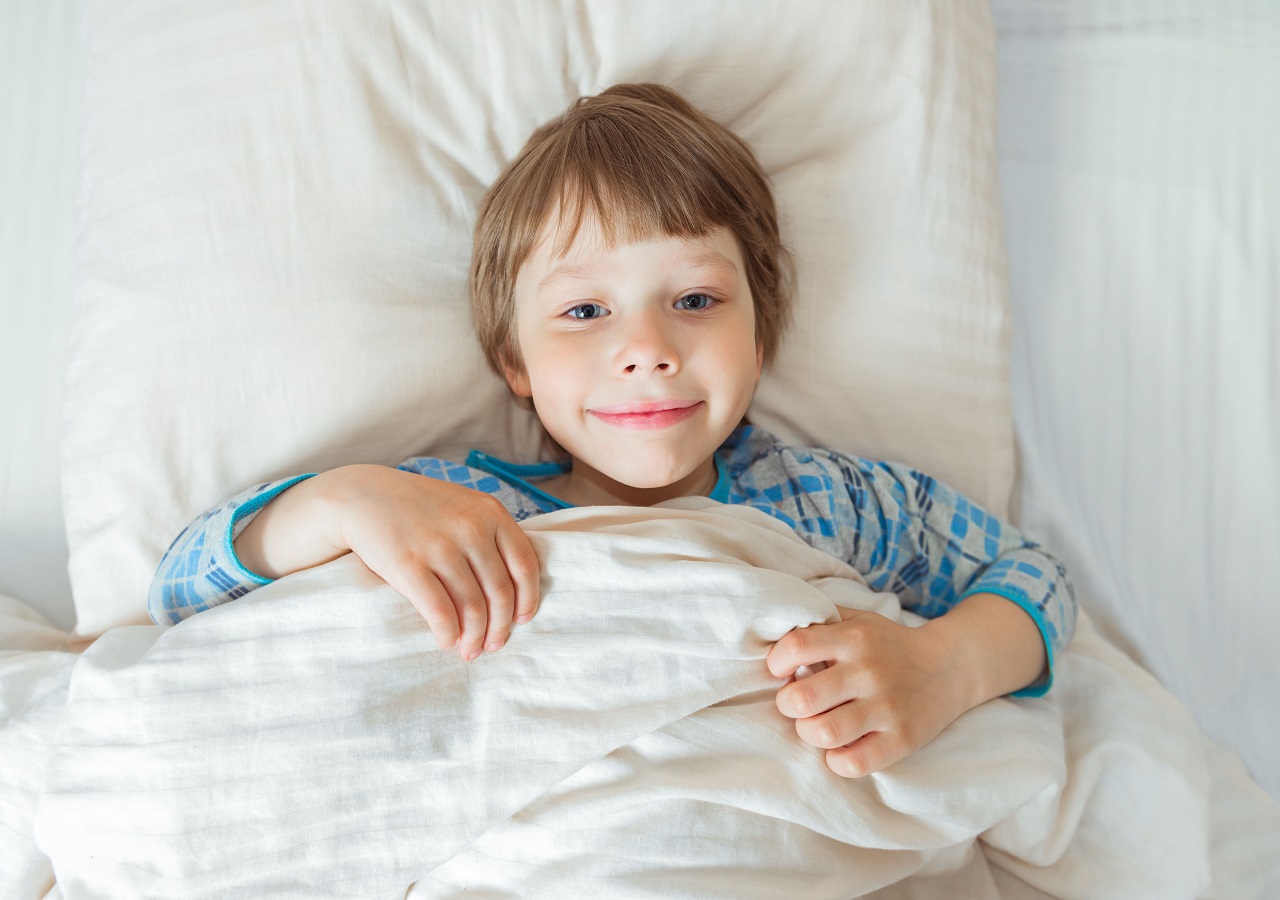Enuresis
Enuresis (AKA bedwetting ) is defined as involuntary urination, especially by children at night.
Enuresis is diagnosed after 5 years of age. There are two types primary and secondary. Primary enuresis is more common in boys than girls. Bedwetting runs in families. The incident is around 10 to 15% of 5 years old children and 6-8% of 8-year-old children and it declines to 1-2 % by 15 years of age as per the Canadian Paediatric Society ( CPS) position statement.
It is crucial to note that primary nocturnal enuresis is a variation in the development of standard bladder control.
Potential causes of bedwetting :
- Your child’s bladder may not be developed enough to hold urine produced during the night.
- Your child has sleep apnea whereas enuresis is a sign.
- Your child is constipated, which pushes the bladder, making it even smaller.
- Your child does not empty the bladder completely before going to sleep.
- Your child has a structural problem in their urinary tract or nervous system.
- Your child may suffer from a urinary tract infection.
When do you need to see a doctor?
It is important to remember that most children outgrow enuresis by puberty. However, some may need help others may have an underlying condition.
Go to your child’s doctor if :
- The child has bedwetting after 5 years of age.
- Bedwetting is associated with other symptoms such as excessive drinking and peeing, painful urination, and blood in the pee.
- The child was toilet trained for more than 6 months then started to wet the bed.
What can you do to help your child ?
As per the CPS statement (https://cps.ca/en/documents/position/primary-nocturnal-enuresis)
- Reassure your child that this is part of normal development
- Avoid caffeine-containing foods before bedtime
- Refrain from fluid intake 2 hours before bedtime
- Make sure your child pee prior to bedtime.
- Preserve the child’s self-esteem
- Include the child in morning cleanup in a non-punitive manner
- A conditioning alarm system “ Bedwetting alarm “ is the most efficacious therapy. It will be successful in the long term, in less than 50% of children. The bedwetting alarm is attached to the child’s pajamas and connected by a wire to a small moisture sensor, placed inside underwear near the child’s sexual organ. It is inexpensive with prices varying between AED200 to AED1,000. Pharmacological therapy with desmopressin acetate (DDAVP) has its own special situations. Please consult your physician.
